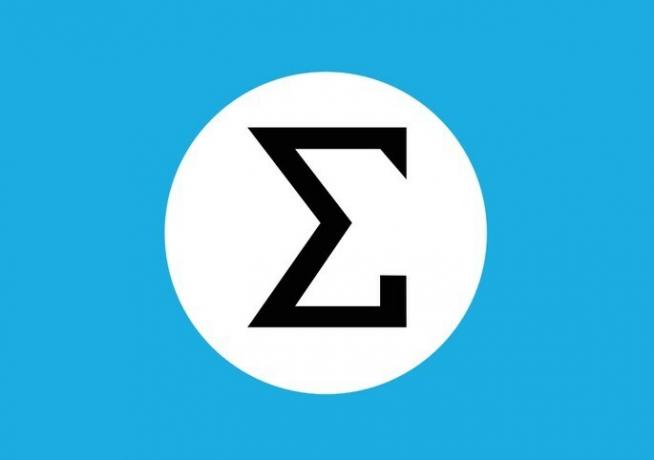Integralism is a conservative and far-right political movement, inspired by major European movements of the same period such as German Nazism and Italian Fascism.
It takes as its symbol the Greek letter sigma (∑), which means the sum, in the sense of sum of infinitely small terms. The idea of the sum of individuals under its doctrine is the basis of integralism.
In Brazil, the Brazilian Integralist Action (AIB) was founded in the 1930s as a form of opposition to liberalism and socialism.
The integralist doctrine is based on the construction of a State morally subordinated to Catholicism. The motto: God, Homeland and Family is evoked as the pillars for the construction of this model.
Plínio Salgado, Integralism in Brazil and the AIB
Brazilian integralism was founded by politician and writer Plínio Salgado (1895-1975). On a trip to Europe, Plínio researched some of the movements that took place during the period and, above all, Italian fascism and its mode of organization.
On October 7, 1932, the "October manifesto" was launched, which gave rise to the Associação Integralista Brasileira (AIB). In it, Plínio Salgado was declared leader and defined the structures and principles of the movement.
Brazilian integralism, defined by Plínio Salgado, had the following ideals:
- Christianity (Catholic);
- national unity;
- corporatism;
- combating liberalism and socialism.

See too: Brazilian Integralist Action.
Anauê and the Green Shirts
Integralists greeted each other with the greeting "anauê", of Tupi origin, which means "you are my brother". They performed the salute of Roman origin with their right arm extended, also used by the Nazis and Italian Fascists.
The uniform consisted of a green shirt with cuffs and buttoned collars. As a justification, the idea that uniformed members are no longer evident in the social differences between their members.
The uniform earned its members the nickname "the green shirts". And, it was adapted by its opponents, mainly communists and anarchists of the first half of the last century, from "the green chickens".
Clandestineness and the Integralist movement today
From the coup d'etat and the institution of the new state by Getúlio Vargas, in 1937, the Integralists, as well as other Brazilian political movements, went underground.
The group engineered an armed uprising against the government of Getúlio Vargas on May 11, 1938, which failed and its members were arrested. This event became known as the 1938 Integralista Levante (or Intentona Integralista).
Plínio Salgado, despite not having participated in the attack on the Guanabara Palace, seat of government, was exiled and remained in Portugal until 1946.
The arrests and exile of Plínio Salgado weakened the movement, which since then has remained with less force and fewer militants.
On his return to Brazil, Plínio created the Popular Representation Party (PRP), being elected, in 1958, federal deputy for the state of Paraná.
During the period of the military dictatorship that began in 1964, Plínio joined ARENA (National Renewal Alliance). Since then, the integralist movement has lost strength, but it remains residual until today.
See too:
- Nazism
- Fascism
- Neo-Nazism: The Influence of Nazism Today
- Main Characteristics of Totalitarianism


